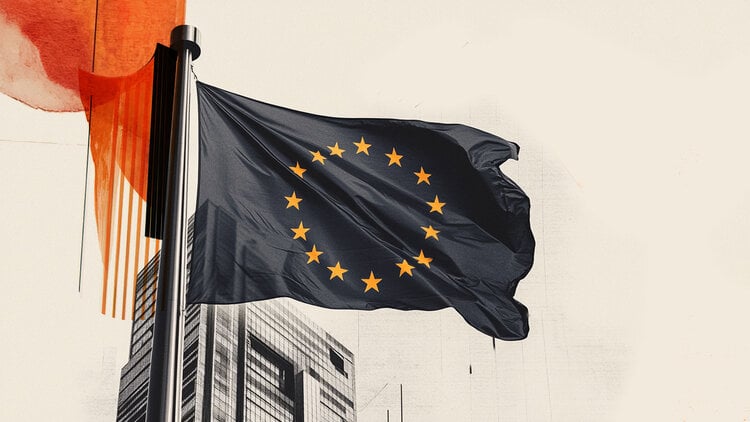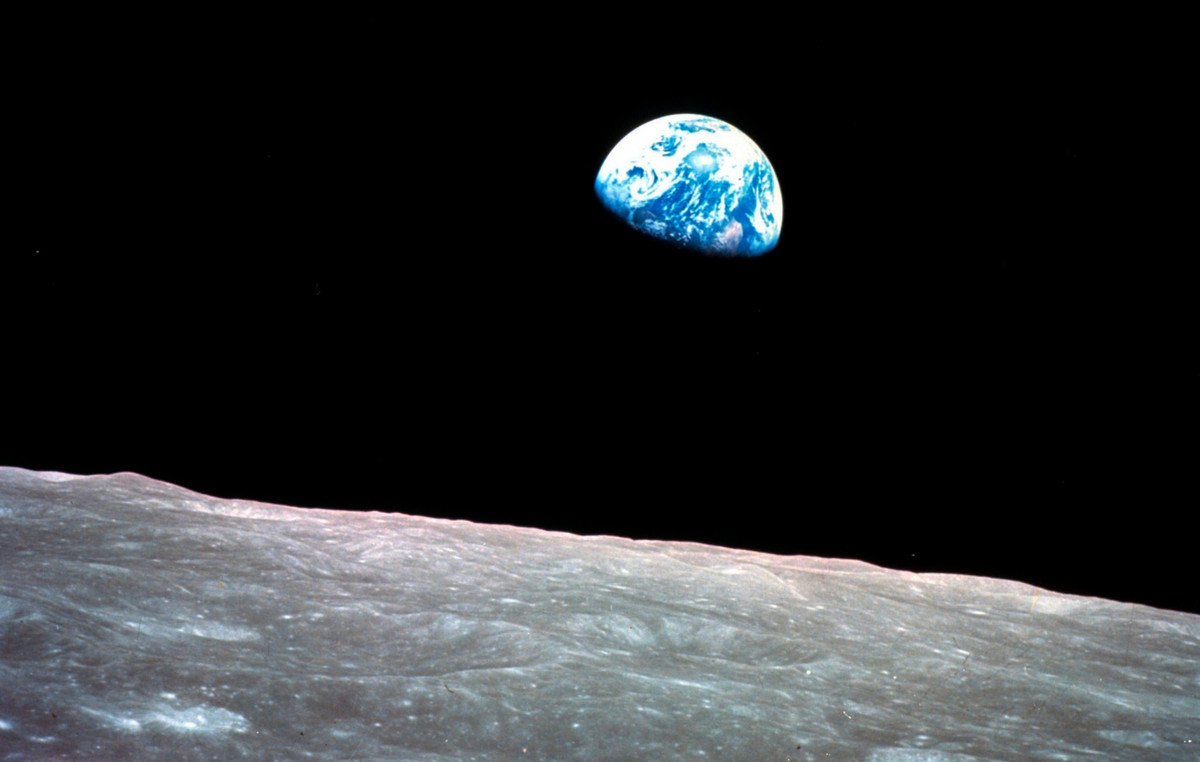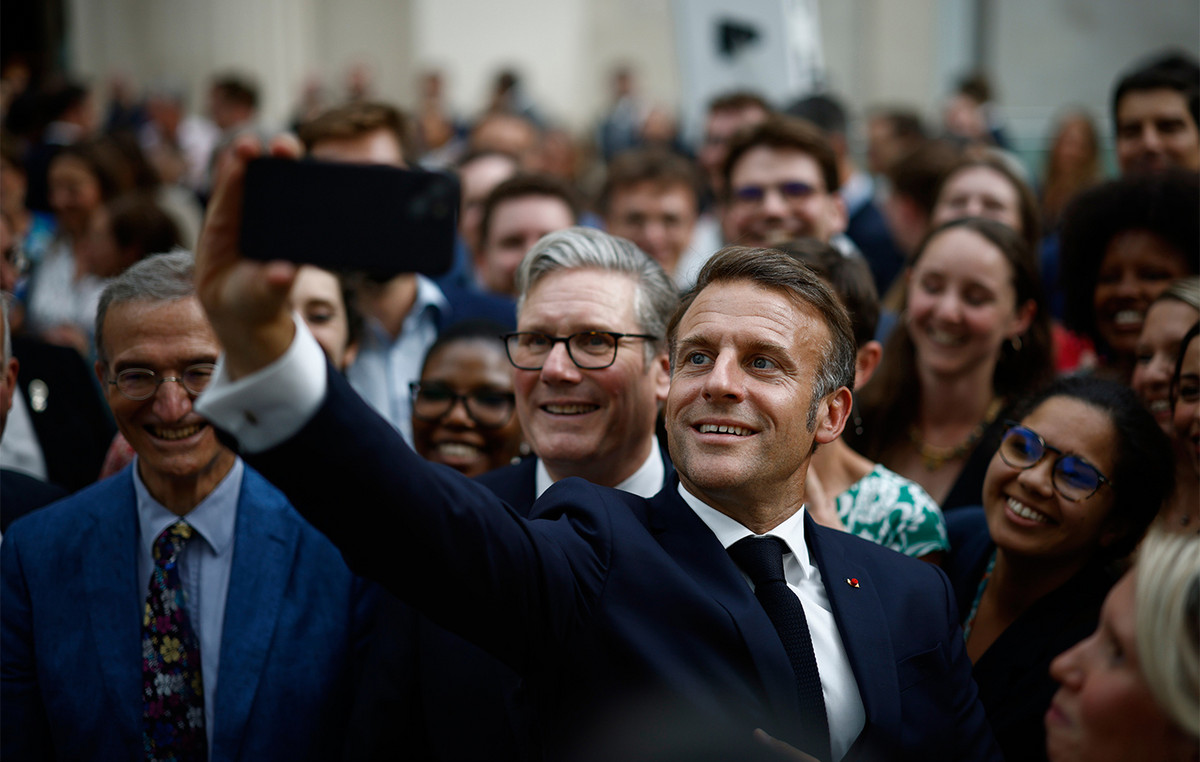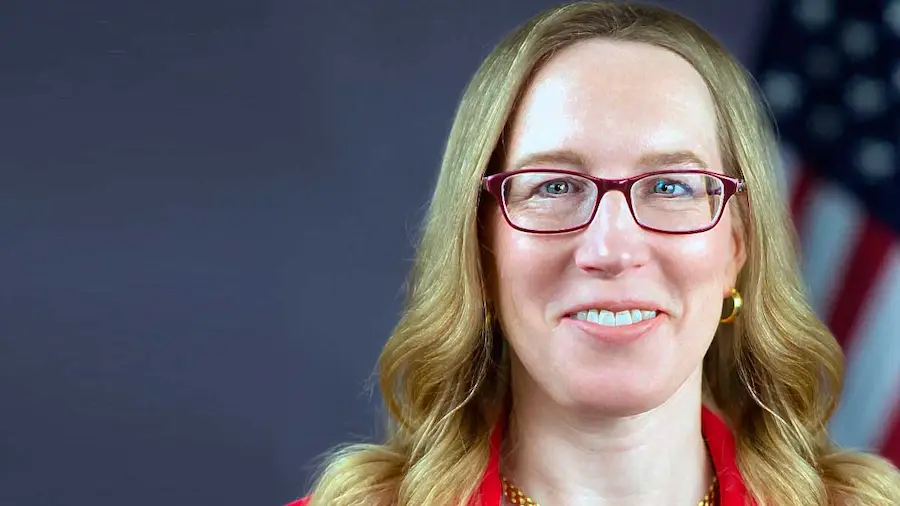After four months since the invasion of Ukraine began, Russia continues to face a tug of war with the West, piling up increasingly aggressive sanctions against Moscow’s economy.
The European Union has already announced the sixth sanctions package, aimed at the embargo on Russian oil, and there is already speculation about the need for a seventh aimed at gas.
As sanctions accumulate, so do the economic needs of Russia, which is heavily dependent on foreign investment. In addition, the Kremlin also has to pay for the war effort in Ukraine, a task made increasingly impossible by Western restrictions.
This means that sooner or later Russia will violate the economic sanctions imposed, according to analysts. And there are several ways to achieve it, as several experts, politicians and a former employee of the US Treasury Department explain to the Politico newspaper.
It is true that sanctions have never been talked about as much as now, but the truth is that this is not the first time that Russia has been confronted with this type of measure coming from the West.
In fact, this has been the Russian reality since the annexation of Crimea in 2014, when it was subject to the first economic restrictions. Since then, the country has invested in its self-sufficiency, but has realized that it is not possible to guarantee the desired autonomy in all areas.
“Russia desperately needs chips, semiconductors and a number of essential raw materials such as lithium to continue producing weapons systems needed for military use. Without these sophisticated materials, the Russian military industry will suffer,” said a former Ukrainian trade official.
In fact, dependence on Russia “is very high”, said Maria Shagina of the International Institute for Strategic Studies, thus admitting that, as new sanctions are implemented, Russia’s needs will naturally increase as well.
Countries “on the front line” of sanctions evasion
According to experts, it is very likely that Russia will try to import sanctioned goods through new trade routes. To this end, Vladimir Putin has a varied list of countries inside and outside Europe that are potential “weak links” in the application and enforcement of sanctions.
“Historically, there are some jurisdictions that have proven to be on the front lines” of sanctions evasion, said a former US Treasury Department official, pointing to Turkey and the United Arab Emirates as examples.

In addition, Russia can also turn to its neighboring countries in the Eurasian Economic Union (EEU), of which it forms part along with Belarus, Kazakhstan, Armenia and Kyrgyzstan. Former Western intelligence officials admit that there is potential for increased trade in the area. This can also increase the flow of illegal goods, namely sanctioned goods.
According to Kevin Limonier, a professor at the French Institute of Geopolitics, a “large number of Russians working in the Information Technology sector” arrived in Kyrgyzstan.
“After going to the bars in Bishkek, we realized that not everyone is here for political reasons. Some fled with the approval of their employers to circumvent sanctions,” Limonier wrote on social media.
In addition to turning to neighboring countries, Russia can also look to the EU’s easier border controls, given that some jurisdictions are lighter than others when it comes to enforcing and enforcing sanctions.
Italy is an example of this, Maria Shagina pointed out, noting that the country was very close to sending sanctioned goods to Russia shortly after the first restrictions in 2014. In addition, several vessels with connections to Germany, Italy, Greece and Bulgaria also docked in Crimean ports.
The researcher also stresses that the EU’s action when faced with the violation of sanctions leaves much to be desired. Germany’s Siemens, for example, was involved in a controversy after two gas turbines were removed from Russian territory and transported to Crimea in 2016, when the region was the target of Brussels sanctions that prevented US companies from -members to provide technological elements related to energy production.
MEP Anna Fotyga recalls that company employees were investigated, but the conclusions of the investigation were never known. “So far we have not heard anything about the legal consequences of this violation. On the contrary, Siemens has kept its actions unchanged during these years,” she added.
In response to these statements, a company spokesperson clarified that the company has never been the subject of any prosecution, adding that “the lawsuits [em causa] concern individuals (mostly former employees)”. Siemens also assured that it supports sanctions against Russia.
Escape by sea
With the recent European embargo on Russian oil, experts warn that Putin may find ingenious ways to sell this raw material to finance the invasion and fuel his economy.

One of these forms can occur at sea, with oil transfers from ship to ship. For example, a Russian vessel in international waters unloads oil onto a second tanker, which then docks at the port of an EU country and labels the oil as coming from another nation.
Another trick – which, by the way, has been widely used since the beginning of the invasion of Ukraine, is to turn off the vessels’ trackers to hide their routes and activities.
Recently, the EU has advanced plans to criminalize evasion of sanctions implemented against Russia, in order to make it easier to seize the assets of companies and individuals who circumvent the restrictions.
In addition, the bloc has a new initiative under way called “Operation Oscar” to support financial investigations targeting criminal assets. However, the success of this operation will ultimately depend on the efforts of the law enforcement authorities in each country. warn experts.
Despite renewed efforts to punish violations of sanctions, the most likely, according to experts, is that Russia will continue to enlist the support of governments and companies that allow it to circumvent these measures. But the countries that facilitate Russian trade flows “know how to do business,” said Francesco Giumelli, a sanctions expert at the University of Groningen in the Netherlands. “[A Rússia] You will have to pay dearly for it.”
Source: CNN Brasil
I’m James Harper, a highly experienced and accomplished news writer for World Stock Market. I have been writing in the Politics section of the website for over five years, providing readers with up-to-date and insightful information about current events in politics. My work is widely read and respected by many industry professionals as well as laymen.







